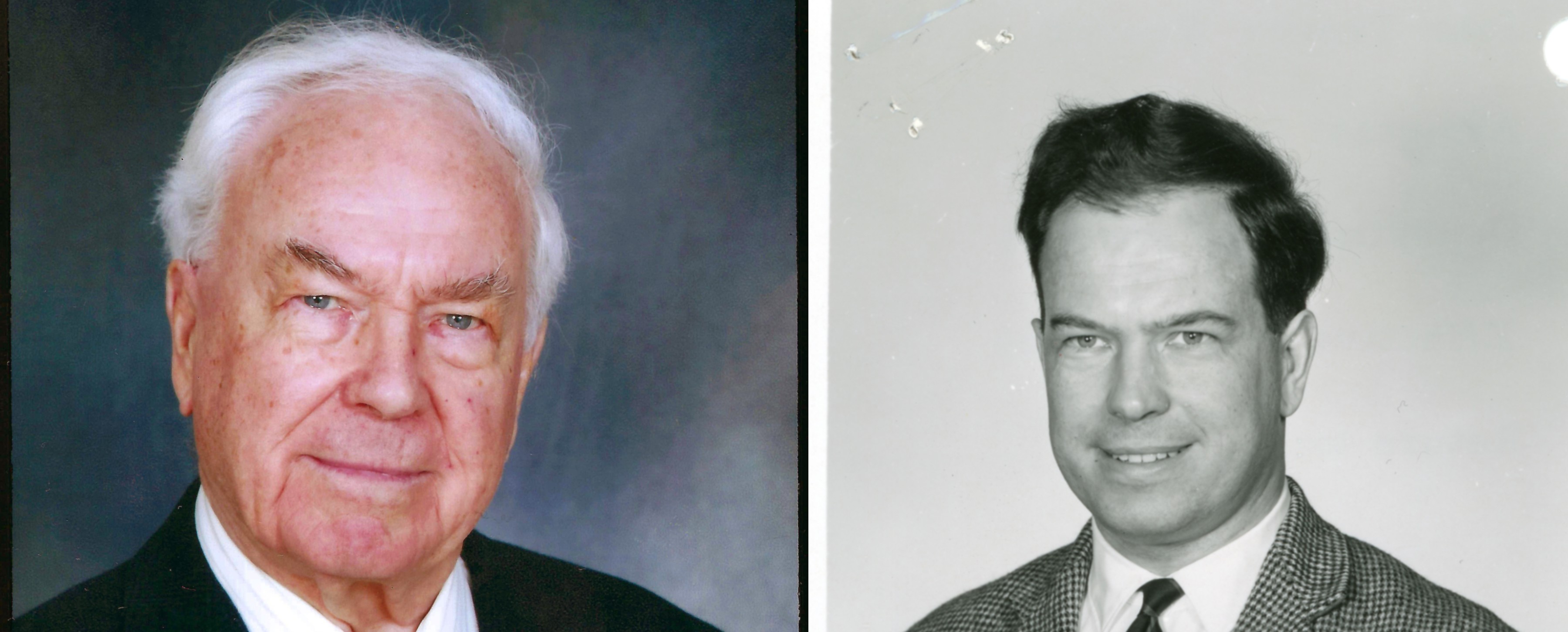Faculty of Science
-
UVic math ecologist elected to Royal Society
Mark Lewis is being recognized by Royal Society for his work developing new mathematical methods to solve ecological problems.
-
In memoriam: John T. Weaver
The university is mourning the passing of professor emeritus John T. Weaver, who passed away peacefully, at the age of…
-
Arctic cod grunts: Fish sounds provide clues to conservation
When marine biologist Amalis Riera put a hydrophone in an Arctic cod tank at the University of British Columbia, she…
-
2024 UVic Co-op Students of the Year
UVic co-op students are innovators who make a positive impact in their workplaces and communities. Each year, we celebrate three…
-
David Leitch wins Killam Fellowship
David Leitch is, in his words, a chemical cartographer. And now, as a recipient of the prestigious 2025 Dorothy Killam…
-
When will net zero be truly possible?
It started with a reunion of sorts, a gathering of old friends and colleagues, all scientists. Over dinner—and for some,…






